Courses

Your Masters in Education, Your Way
Through ATU’s education programmes, students are empowered to shape the future of education through innovative teaching practices, educational leadership, and curriculum development. ATU offers courses in education, outdoor education, early childhood education, special needs education, and is recognised nationally and internationally as a leader in Home Economics Education.

Now accepting applications for Postgraduate courses starting in September 2025. Apply Now!
Explore courses in Education
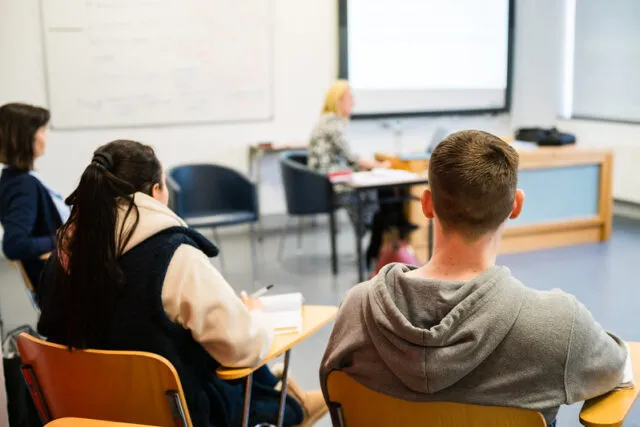
NEW for September 2025 | Master of Arts | Part-Time | Online | 2 years | Galway City, Wellpark Road
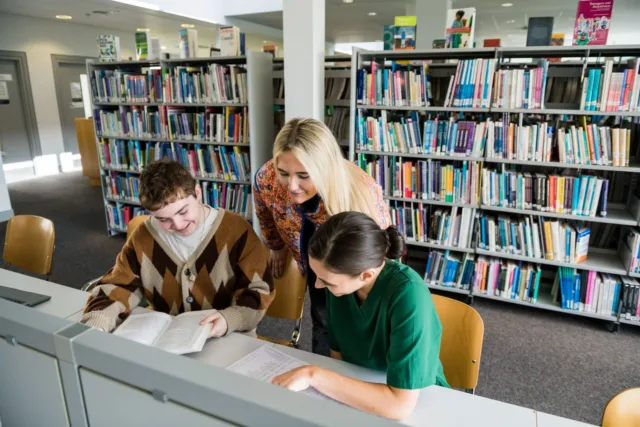
Master of Arts | Part-Time | Blended | 3 years | St Angelas
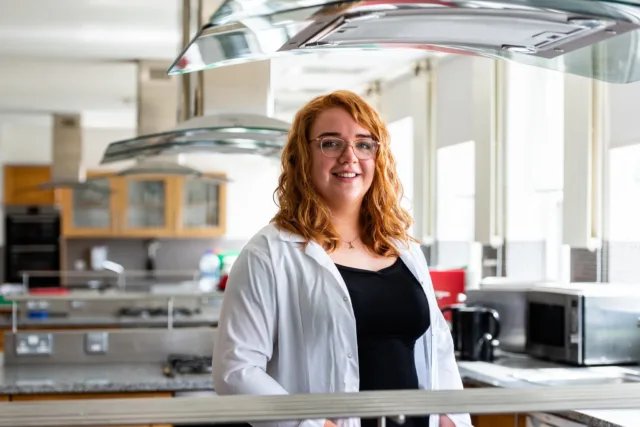
Master of Education | Part-Time | Online | 2 years | St Angelas

Master of Science | Full-Time or Part-Time | Online | 1 or 2 years | St Angelas
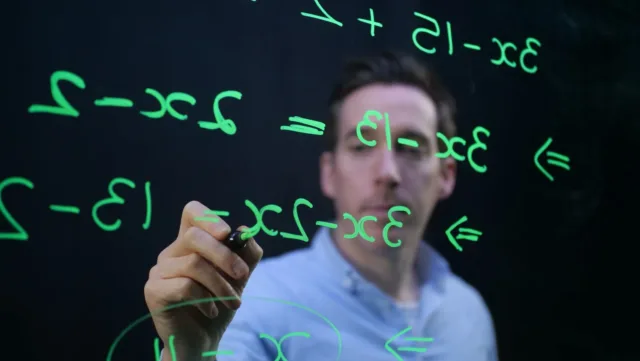
Master of Arts | Part-Time | Blended | 2 years | Letterkenny
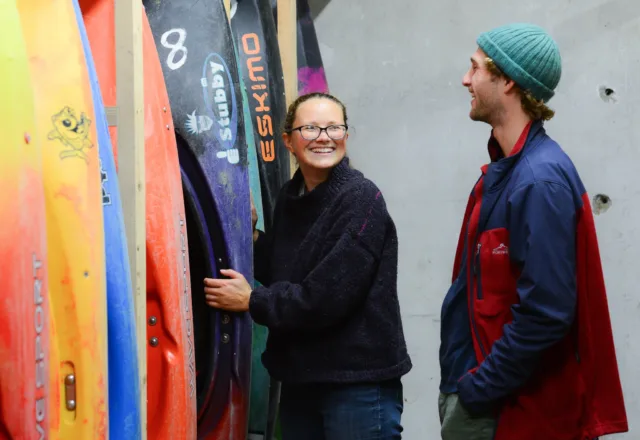
Master of Science | Part-Time | Blended | 2 years | Mayo
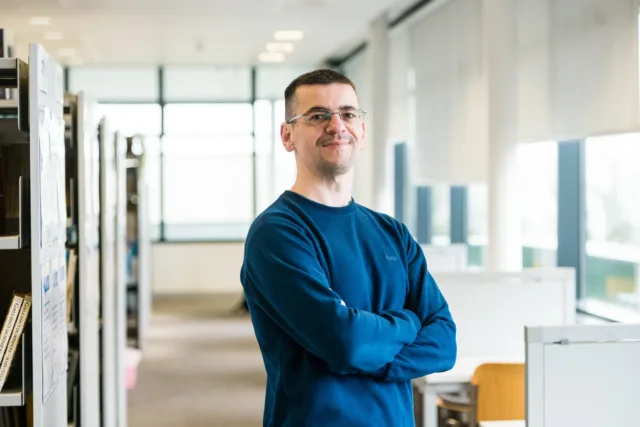
Master of Arts | Part-Time | Blended | 3 years | St Angelas
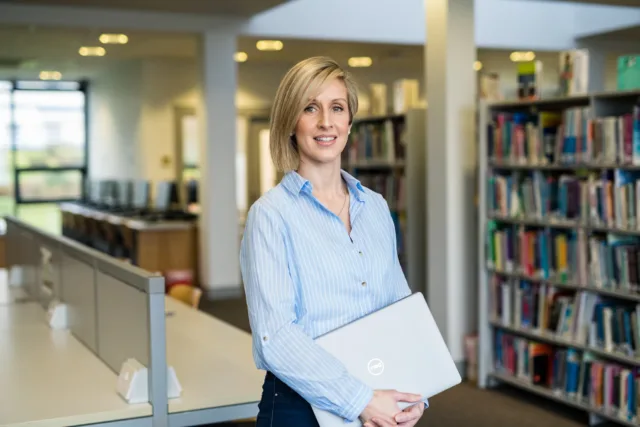
Master of Arts | Part-Time | Blended | 2 years | St Angelas

Master of Arts | Part-Time | Blended | 3 years | St Angelas
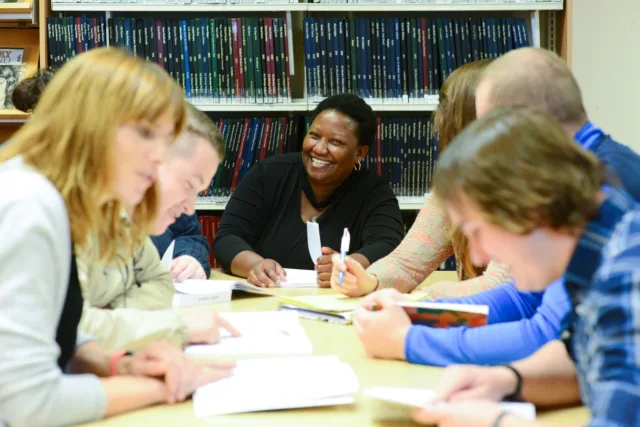
Master of Arts | Part-Time | Blended | 3 years | St Angelas

Master of Arts | Part-Time | Blended | 3 years | Galway City

Master of Arts | Part-Time | Online | 1 year | Sligo
Take the next step to enrich your teaching practice
We recently hosted a webinar for educators in the early-childhood, primary, post-primary, third level or the further education sectors, exploring ATU’s part-time flexible postgraduate courses. Watch the webinar recording below to hear from Rory Reynolds, a graduate of the MA in Learning and Teaching and ATU’s academic teams.
Postgraduate Pathways
A Postgraduate Certificate offers students the opportunity to gain an accredited qualification at Level 9, which can provide a pathway to further opportunities at Postgraduate Diploma or Masters level. Many of ATU’s Postgraduate Certificates are listed alongside additional award options.
Professional and Higher Diplomas are a postgraduate qualification at Level 8, typically offered as one academic year of study upon successful completing of an undergraduate degree. Higher Diplomas may offer students a conversion pathway into a new career or discipline area.
- Counselling Studies (Higher Diploma)
- Home Economics (Professional Diploma)
- Research Development and Practice (Postgraduate Certificate)
- Teaching, Learning and Assessment (Postgraduate Certificate)
Short Courses
ATU offers a comprehensive suite of short accredited courses, aimed at supporting upskilling those in the workforce, who may need to bridge a skills gap. Typically 5, 10 or 15 credits, this method of studying allows you to choose modules to suit professional or personal development goals. Short courses are an idea way to return to education or further develop skills in a flexible manner.
- Autism (Education) – (Standalone Module)
- Behaviours that Challenge (Education) – (Standalone Module)
- Educational Research Methods (Standalone Module)
- General Learning Disabilities (Standalone Module)
- Inclusion for Learning (Standalone Module)
- Literacy (Standalone Module)
- Numeracy (Standalone Module)
- Recognition of Prior Learning (Certificate)
- Specific Learning Difficulties 1 (Standalone Module)
- Specific Learning Difficulties 2 (Standalone Module)

